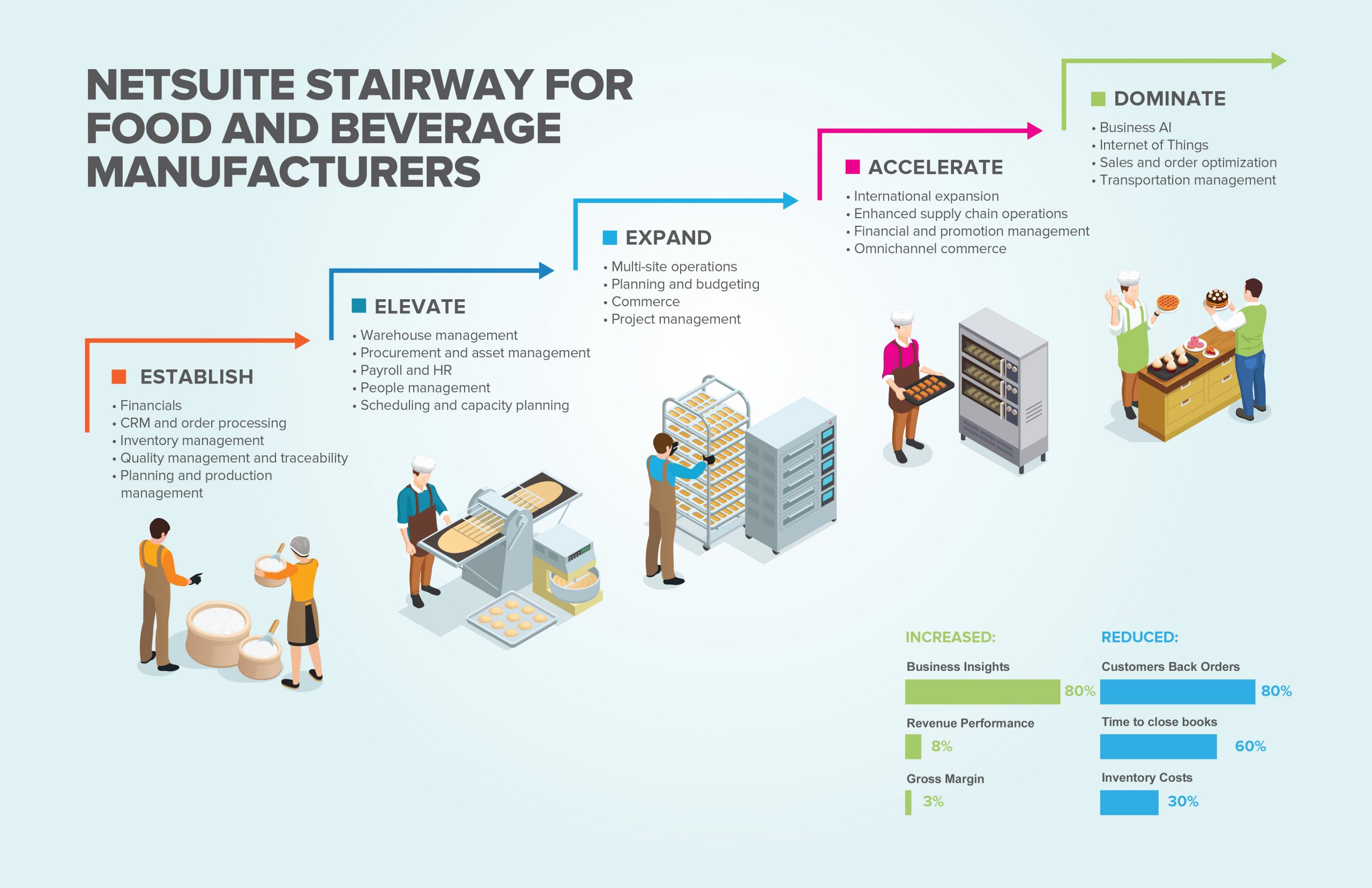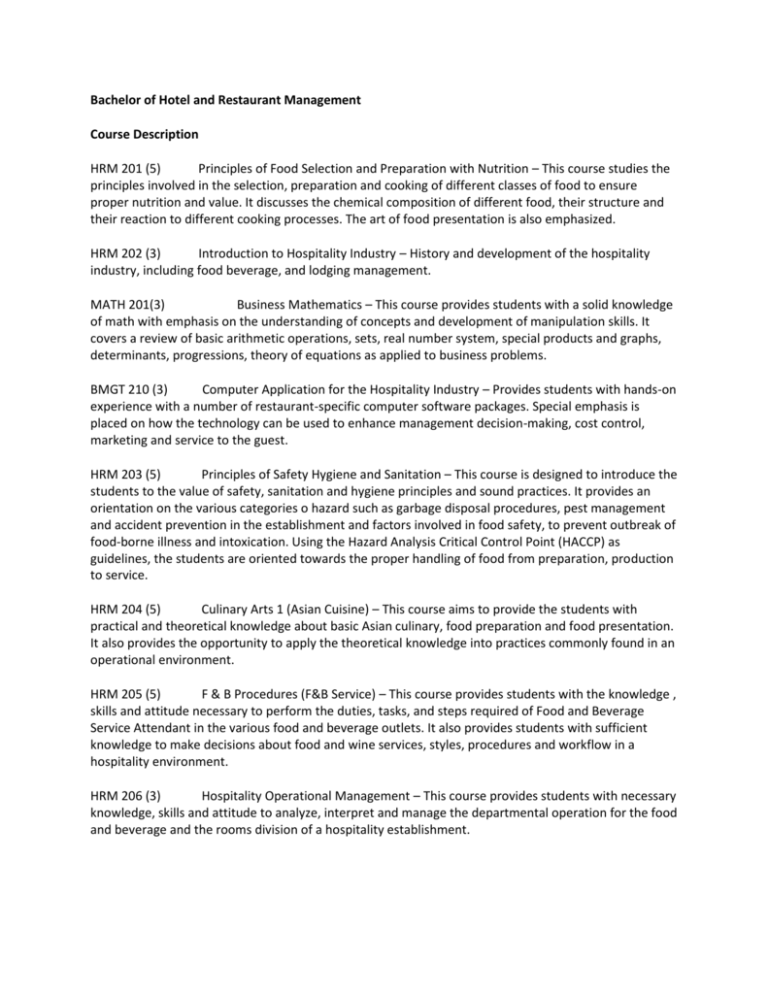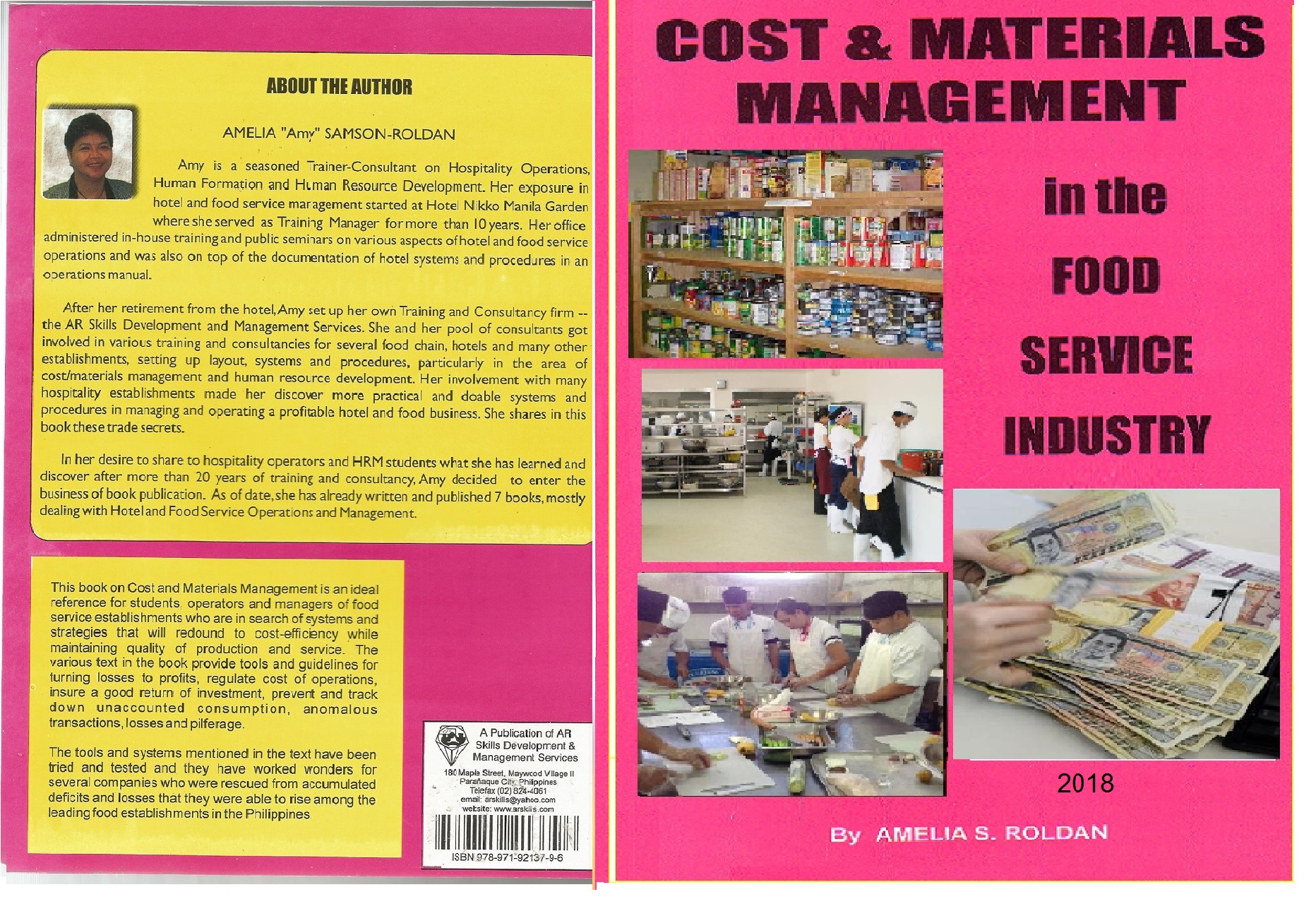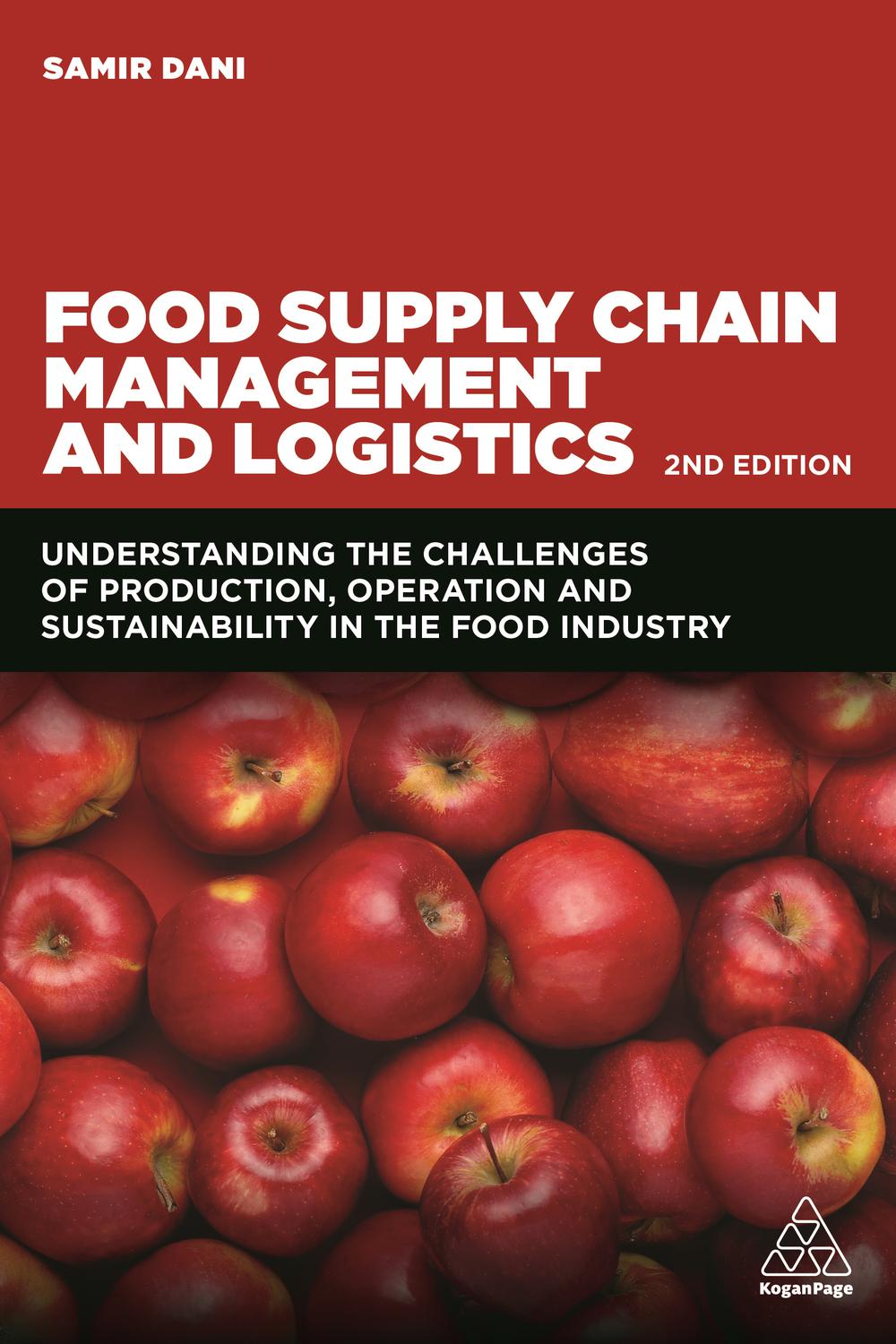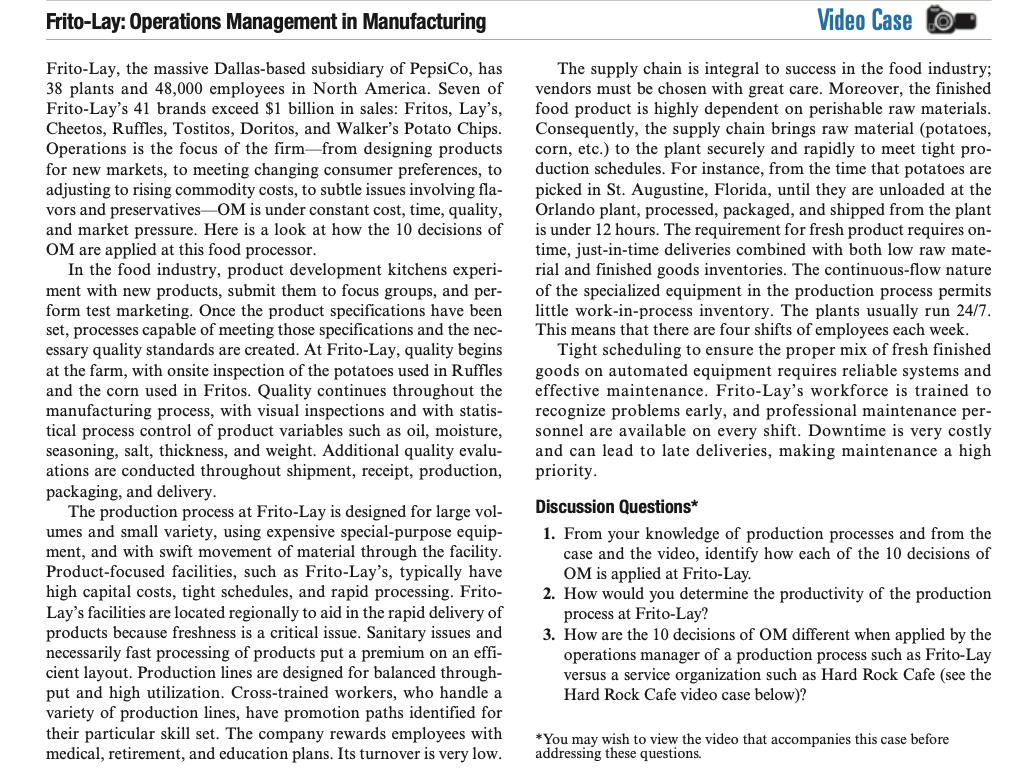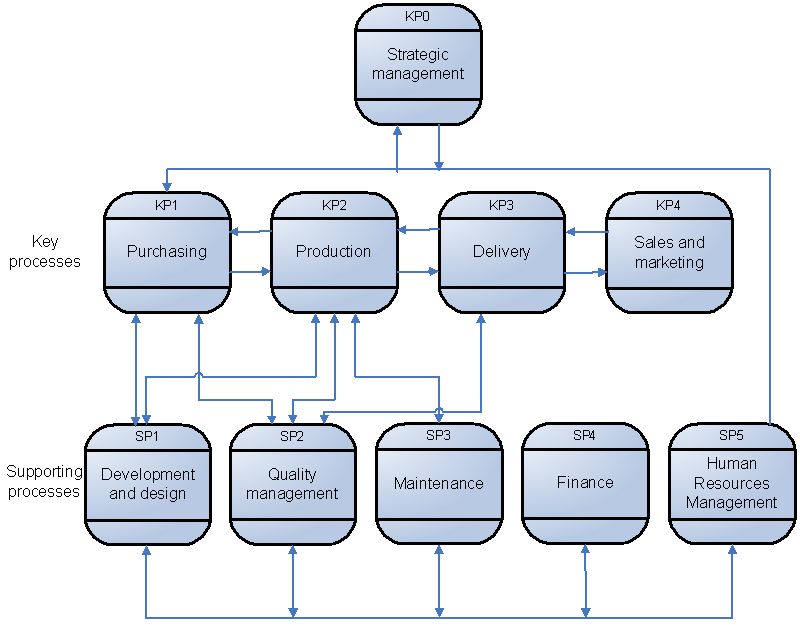Operations management plays a crucial role in the food industry as it involves the planning, organizing, and controlling of the production and delivery of food products. Effective operations management is essential for ensuring the efficiency, quality, and safety of food production and distribution, and it can also have a significant impact on the profitability of a food business.
One key aspect of operations management in the food industry is the management of supply chain activities. This includes sourcing raw materials, managing inventory levels, and coordinating the transportation and distribution of finished products to customers. In the food industry, there are often complex and time-sensitive supply chain requirements, such as the need to transport perishable goods in a timely manner and maintain strict temperature controls to prevent spoilage.
Another important aspect of operations management in the food industry is the management of production processes. This includes designing and implementing efficient and effective production systems, as well as managing the workforce and equipment used in production. In the food industry, there are often strict regulations and standards that must be met in order to ensure the safety and quality of the products. For example, there may be specific requirements for the handling and processing of food products to prevent contamination and the spread of foodborne illness.
In addition to managing supply chain and production activities, operations management in the food industry also involves managing customer service and satisfaction. This includes ensuring that food products are delivered to customers on time and in good condition, as well as addressing any customer concerns or complaints in a timely and effective manner.
Overall, operations management plays a vital role in the food industry, as it helps to ensure the efficiency, quality, and safety of food production and distribution. Effective operations management can also help to increase the profitability of a food business by improving efficiency and reducing costs.
